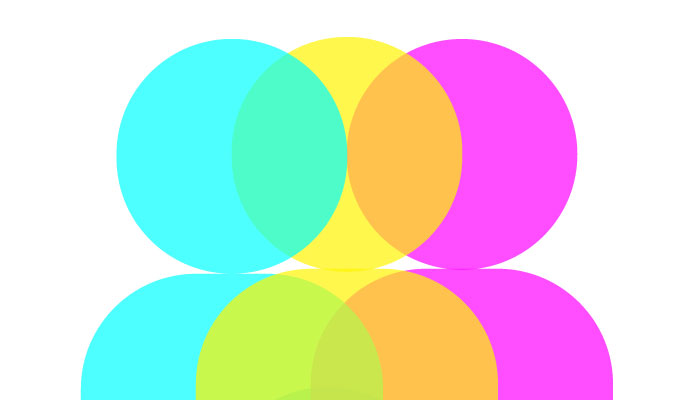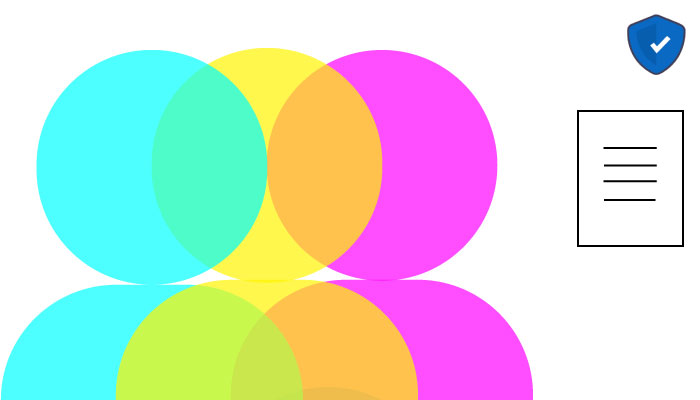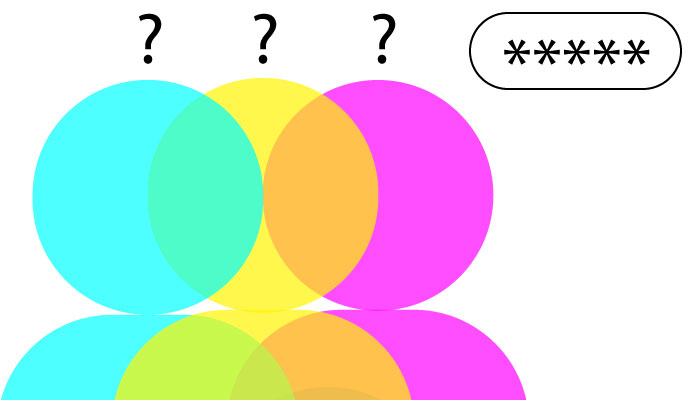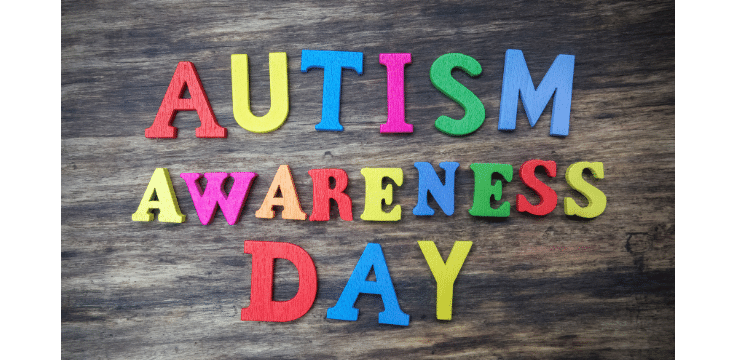Understanding Autism Spectrum
World Autism Day, observed globally on April 2nd, is a poignant reminder of the importance of understanding and accepting individuals within the Autism Spectrum. It’s a day dedicated to raising awareness about this complex neurodevelopmental condition and advocating for greater inclusion and support for those on the autism spectrum.
What is Autism?
Autism Spectrum shapes individuals’ lifelong experiences, influencing their perceptions of the world, social interactions, and information processing. It spans a diverse range of challenges and strengths, resulting in a wide array of experiences within the autism community.
Common Characteristics of Autism
While autism presents differently in each individual, there are some common characteristics that are often associated with autism. These characteristics, though not exhaustive, may include:
- Challenges in Social Communication: Individuals with autism may have difficulty understanding social cues, expressing themselves verbally, or engaging in reciprocal conversations.
- Repetitive Behaviors: Many individuals with autism engage in repetitive behaviors or routines, such as hand-flapping, rocking, or lining up objects in a specific order.
- Sensory Sensitivities: Sensory sensitivities are common among individuals with autism, leading to heightened or diminished responses to sensory stimuli such as lights, sounds, textures, or smells.
- Narrow Interests: Individuals with autism may develop intense, focused interests in specific topics or activities, often to the exclusion of other interests.
Dispelling Myths and Misconceptions
Despite increased awareness in recent years, there are still many myths and misconceptions surrounding autism. One common misconception is that autism is a disease or a condition that can be cured. In reality, autism is a neurological difference, not a deficit, and individuals with autism have a unique way of experiencing the world that should be respected and valued.
Supporting Individuals with Autism
Supporting individuals with autism requires a holistic approach that recognizes their unique strengths and challenges. This may include providing access to specialized education and therapies, creating sensory-friendly environments, and promoting acceptance and inclusion in schools, workplaces, and communities.
Celebrating Neurodiversity
As we commemorate World Autism Day, let us celebrate the diversity of human experience and the unique perspectives that individuals with autism bring to our world. By embracing neurodiversity and fostering acceptance and inclusion, we can create a society where everyone, regardless of their neurological differences, is valued and respected.





 English
English Deutsch
Deutsch Українська
Українська Polski
Polski עִבְרִית
עִבְרִית Türkçe
Türkçe العربية
العربية Français
Français Italiano
Italiano Español
Español 繁體中文
繁體中文 简体中文
简体中文 Shqip
Shqip Bosanski
Bosanski Български
Български Hrvatski
Hrvatski Čeština
Čeština Nederlands
Nederlands Suomi
Suomi Српски језик
Српски језик Ελληνικά
Ελληνικά Русский
Русский Română
Română Português
Português فارسی
فارسی ਪੰਜਾਬੀ
ਪੰਜਾਬੀ Svenska
Svenska Afrikaans
Afrikaans አማርኛ
አማርኛ Հայերեն
Հայերեն Azərbaycan dili
Azərbaycan dili Euskara
Euskara Беларуская мова
Беларуская мова বাংলা
বাংলা Català
Català Cebuano
Cebuano Chichewa
Chichewa Corsu
Corsu Dansk
Dansk Esperanto
Esperanto Eesti
Eesti Filipino
Filipino Frysk
Frysk Galego
Galego ქართული
ქართული ગુજરાતી
ગુજરાતી Kreyol ayisyen
Kreyol ayisyen Harshen Hausa
Harshen Hausa Ōlelo Hawaiʻi
Ōlelo Hawaiʻi हिन्दी
हिन्दी Hmong
Hmong Magyar
Magyar Íslenska
Íslenska Igbo
Igbo Bahasa Indonesia
Bahasa Indonesia Gaeilge
Gaeilge 日本語
日本語 Basa Jawa
Basa Jawa ಕನ್ನಡ
ಕನ್ನಡ Қазақ тілі
Қазақ тілі ភាសាខ្មែរ
ភាសាខ្មែរ 한국어
한국어 كوردی
كوردی Кыргызча
Кыргызча ພາສາລາວ
ພາສາລາວ Latin
Latin Latviešu valoda
Latviešu valoda Lietuvių kalba
Lietuvių kalba Lëtzebuergesch
Lëtzebuergesch Македонски јазик
Македонски јазик Malagasy
Malagasy Bahasa Melayu
Bahasa Melayu മലയാളം
മലയാളം Maltese
Maltese Te Reo Māori
Te Reo Māori मराठी
मराठी Монгол
Монгол ဗမာစာ
ဗမာစာ नेपाली
नेपाली Norsk bokmål
Norsk bokmål پښتو
پښتو Samoan
Samoan Gàidhlig
Gàidhlig Sesotho
Sesotho Shona
Shona سنڌي
سنڌي සිංහල
සිංහල Slovenčina
Slovenčina Slovenščina
Slovenščina Afsoomaali
Afsoomaali Basa Sunda
Basa Sunda Kiswahili
Kiswahili Тоҷикӣ
Тоҷикӣ தமிழ்
தமிழ் తెలుగు
తెలుగు ไทย
ไทย اردو
اردو O‘zbekcha
O‘zbekcha Tiếng Việt
Tiếng Việt Cymraeg
Cymraeg isiXhosa
isiXhosa יידיש
יידיש Yorùbá
Yorùbá Zulu
Zulu